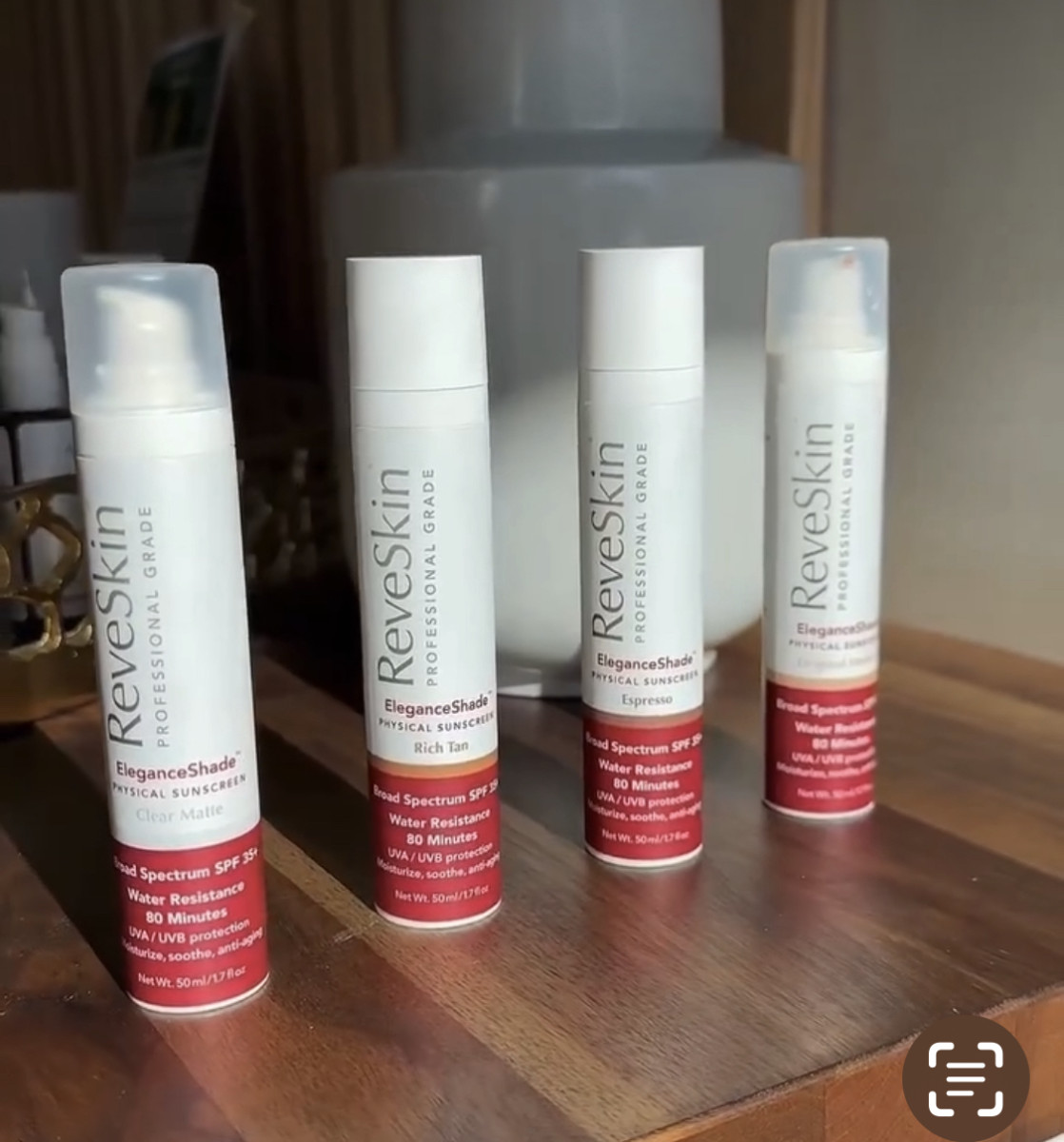“10 Crucial Guidelines for Sun Safety: Shielding Your Skin with Top Sunscreens”
What are the effects of sun damage on the skin?
Hi, everyone. My name is Letizia, and today, I want to discuss sun damage and the importance of sunblock. Growing up in Italy, I have vivid memories of spending the summer days in the sun without any protection. It’s scary to think about now, but back then, I didn’t know any better. That’s why I’m passionate about diving into this topic today, hoping to shed light on the importance of sun protection. Let’s get started!
While the sun feels nice and boosts our mood while providing essential vitamin D, it’s crucial to recognize that UV rays, especially UVA, come with some drawbacks and contraindications.
Well …. Sun damage? It’s a real troublemaker. It leads to wrinkles, fine lines, dark spots, uneven skin tone, and sagging. Plus, it boosts the chances of skin cancer and fast-forwards the aging process.
2. How does sunblock protect against UV rays?
Sunblock works by creating a protective barrier on the skin that reflects, scatters, or absorbs the UV rays before they can penetrate the skin. It contains ingredients like zinc oxide or titanium dioxide that act as physical blockers, as well as chemical filters that absorb UV radiation, preventing it from causing damage to the skin.
3. What are the best sunblocks for sensitive skin?
As someone with sensitive skin myself, I understand the importance of finding the right sunscreen. Look for sunblocks labeled as “hypoallergenic” or “fragrance-free,” and opt for mineral-based formulas containing zinc oxide or titanium dioxide. These ingredients are often gentle and suitable for sensitive skin like ours. Additionally, choose sunscreens labeled as “broad-spectrum” to ensure protection against both UVA and UVB rays. Always remember to do a patch test before applying to ensure compatibility with your sensitive skin.
4. Can sunblock prevent skin cancer?
Yes, sunblock can help prevent skin cancer by providing a barrier against harmful UV rays. Regular use of sunscreen, along with other sun protection measures like seeking shade and wearing protective clothing, can significantly reduce the risk of developing skin cancer.
The amount of sunscreen you use is crucial for effective protection. Aim for at least a tablespoon of sunscreen to cover your face and exposed areas of your body adequately. Don’t forget about commonly overlooked areas like the ears, neck, and scalp if not covered by hair. Ensuring thorough application and reapplication every two hours or more frequently if swimming or sweating is key to maximizing sunblock effectiveness and reducing the risk of skin cancer.
5. How often should I reapply sunblock?
You should reapply sunblock every two hours, or more frequently if you’re swimming, sweating heavily, or towel-drying
6. What are the differences between physical and chemical sunblocks?
Physical sunblocks contain active mineral ingredients like zinc oxide or titanium dioxide, which work by sitting on top of the skin and reflecting or scattering UV rays away from the skin. They are often recommended for individuals with sensitive skin because they are less likely to cause irritation or allergic reactions. Chemical sunblocks, on the other hand, contain organic compounds like avobenzone, octinoxate, or oxybenzone, which absorb UV rays and convert them into heat, dissipating them from the skin. These sunblocks tend to be thinner and easier to apply but may be more irritating to sensitive skin. They are suitable for individuals who do not have sensitivities to their ingredients. Ultimately, the choice between physical and chemical sunblocks depends on individual preferences and skin sensitivities.
7. How can I repair sun damage to my skin?
At home, you can incorporate retinoic acid to help with sun damage repair, but for more significant improvement, seeking professional treatments like a chemical peel is highly recommended. At Venus Spa, we offer a variety of peels specifically designed to target sun damage and rejuvenate the skin. Our experienced professionals can assess your skin’s needs and recommend the most suitable treatment to help you achieve your skincare goals.
8. Does wearing sunblock prevent premature aging?
Yes, wearing sunblock regularly helps prevent premature aging by shielding the skin from harmful UV radiation.
9. Can I use expired sunblock?
Using expired sunblock isn’t recommended. Over time, the active ingredients can degrade, reducing its effectiveness, which might leave your skin unprotected from harmful UV rays. It’s best to invest in a new bottle to ensure proper protection.
10. What are the signs of sun damage on the skin?
Sun damage can show up as things like sunburn, those annoying spots that seem to appear out of nowhere, wrinkles that sneak up on you, and even rough patches. It’s like your skin’s way of saying, “Hey, remember that time you forgot the sunscreen?”
So, there you have it, folks! Sun damage is no joke, but with the right sunblock and protective measures, we can keep our skin happy and healthy. Remember, wrinkles, dark spots, and even the risk of skin cancer are all consequences of too much sun exposure. But fear not! By choosing the right sunblock, reapplying regularly, and seeking shade when possible, we can enjoy the sun safely. So lather up, stay protected, and let’s keep our skin glowing for years to come!



